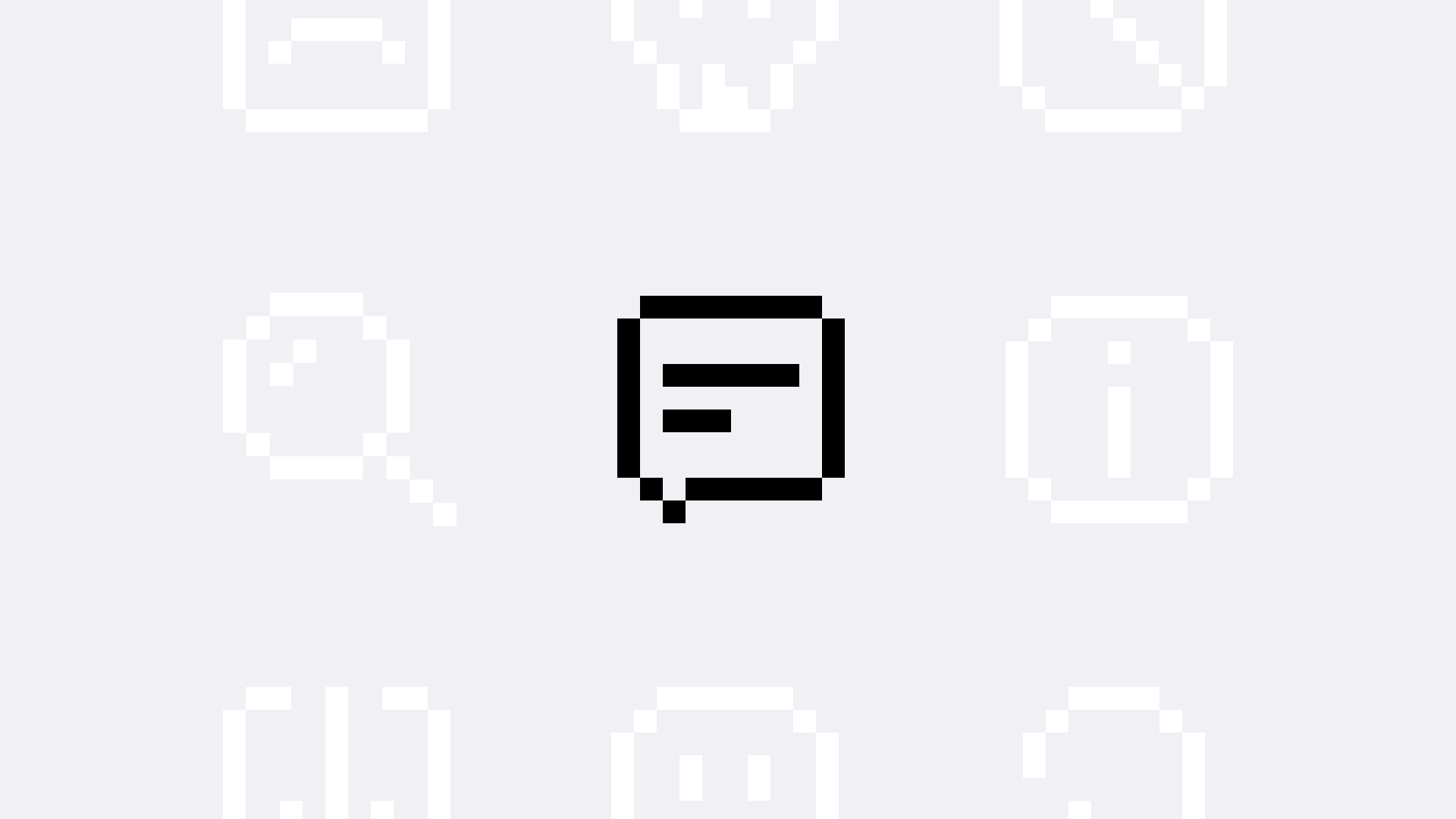
Aave
An open-source protocol enabling users to borrow crypto assets and earn on deposits.

Aave Token



AAVE Statistics
Aave Price
Trading Volume 24h
Volume / Market Cap
Total Value Locked (TVL)



Aave liquidity
Routed through Aave
Swap via Aave
About

What is Aave?
Aave is a decentralized, self-custodial liquidity protocol that allows users to participate as either suppliers or borrowers. Suppliers deposit crypto assets into liquidity pools, earning interest on their contributions, while borrowers provide collateral that exceeds the amount they wish to borrow. This overcollateralization ensures the safety of lenders and the overall integrity of the system. Tokens supplied by users are stored in publicly accessible smart contracts, which facilitate the overcollateralized borrowing process according to parameters set by the community through governance. Importantly, Aave smart contracts have been audited and formally verified by third parties, ensuring a high level of security.
Aave is recognized as one of the largest DeFi protocols, with billions of dollars in weekly transaction volume across the Ethereum blockchain and 12+ other networks. The protocol currently supports more than $19.68 bln in net deposits across 13 networks. On Ethereum alone, the average stablecoin borrow APR in the past year was 9.23%, while the average stablecoin supply APY stood at 6.74%.
How Aave works
Aave's design is based on smart contracts, which autonomously execute lending and borrowing transactions without the need for intermediaries. Borrowers first deposit cryptocurrency as collateral, and the maximum amount they can borrow is determined by the value of the collateral. Aave's system enforces strict rules on loan-to-value (LTV) ratios to protect lenders. Should the value of the collateral fall below a certain threshold, the protocol can automatically trigger a liquidation event, selling off part of the collateral to repay the loan.
One of Aave's defining features is its transparency. Being an open-source protocol, all transactions and code are visible and auditable by anyone. This allows users to maintain control over their funds throughout the process of supplying and borrowing, ensuring a high degree of trust and security.
Related articles

Farewell, 1inch Developer Portal. Welcome 1inch Business!
Following 1inch’s rebrand earlier this month, the 1inch Developer Portal became 1inch Business - a name that reflects its expanded role as a key infrastructure provider for the DeFi ecosystem.
2025 Oct 17
2 min

What’s the difference between Market and Aggressive gas settings
Market and Aggressive gas price settings let users control transaction speed and cost when swapping tokens.
2025 Oct 15
2 min

How to read candlestick patterns
Candlestick charts provide detailed visual insights into how an asset’s price changes over time, helping users quickly understand market sentiment.
2025 Oct 10
4 min
FAQ
What is liquidity aggregation?
Liquidity aggregation combines liquidity from multiple sources to give users access to the best rates and minimal slippage during token swaps – all within a single place. By tapping into liquidity across the entire market, 1inch simplifies the swapping process, saving users time and effort. This efficient, decentralized approach enhances the swapping experience in a self-custodial environment.
Why is DEX aggregation important?
DEX aggregation is crucial because it enables users to access competitive prices and optimal liquidity across multiple decentralized exchanges through a single interface. Since different DEXes may offer varying prices for the same asset, DEX aggregation eliminates the need for manual comparison, ensuring users get the best possible rates. Additionally, swaps can be split across different protocols and market depths, optimizing both swap prices and gas usage. With 1inch, users enjoy a seamless experience that consistently delivers top-tier rates and efficiency.
How is Aave used?
Aave is a leading decentralized lending protocol that allows users to deposit assets to earn rewards or borrow against collateral. Operating across Ethereum and over 12 other networks, Aave supports a wide range of tokens and plays a significant role in DeFi. Aave V2 introduced stable interest rates and efficient liquidity management, while Aave V3 added cross-chain lending and improved capital efficiency, enabling seamless interactions across multiple blockchains. Aave’s innovative features make it a versatile tool for both lenders and borrowers in the Web3 ecosystem.


























